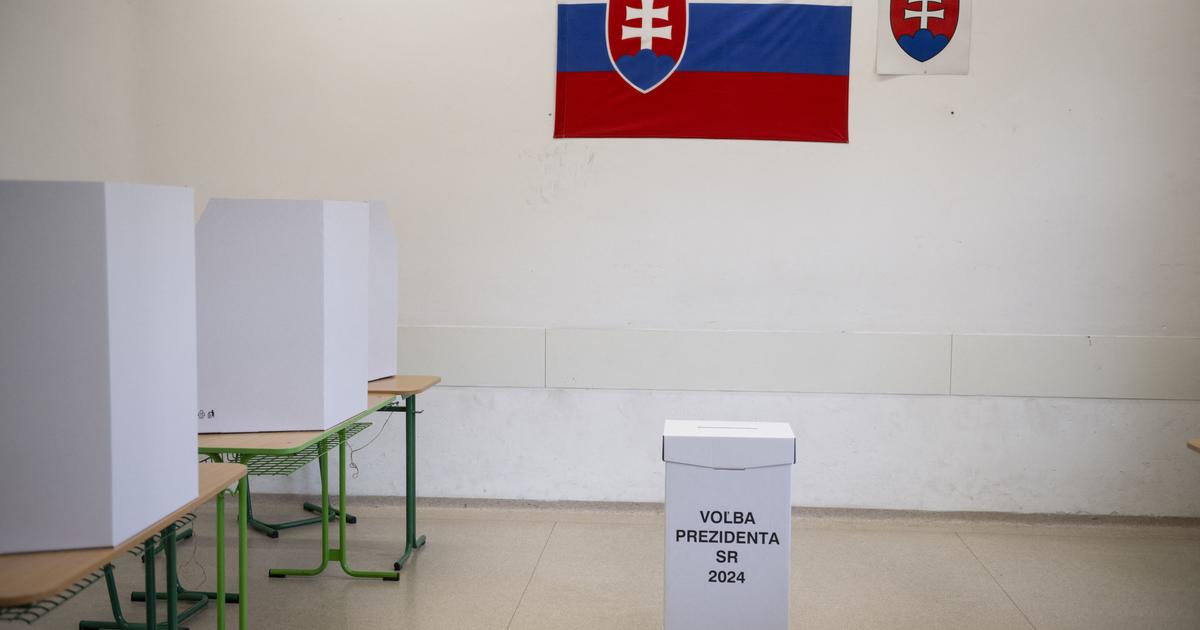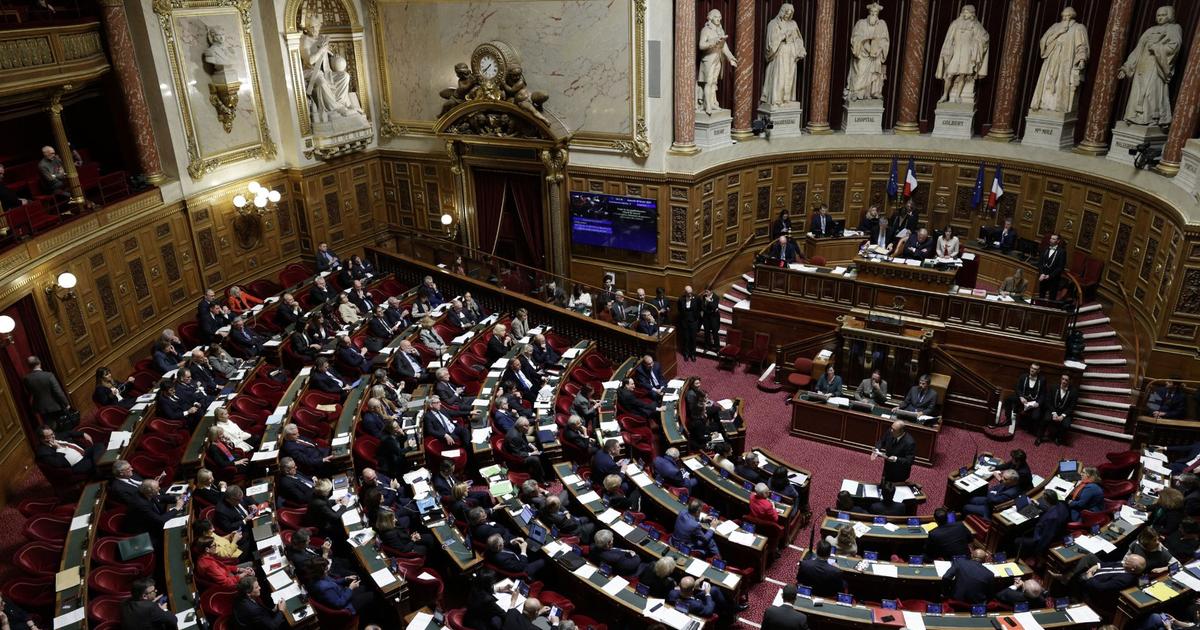Rodolfo Hernández's passage to the second round of the presidential elections in Colombia surprised a country accustomed lately to the polarization of clear ideological extremes.
His rival, Gustavo Petro, fits well into this scheme.
But not so Rodolfo, who in his speech turns up the volume on the messages against corruption or the established elite, and turns down the volume on the issues that usually separate left and right.
Many interpreted this victory as an indicator of a radical change in the Colombian political landscape, an overcoming of traditional polarization and a turn towards change.
The second seems beyond doubt as the anti-establishment vote totaled 68% and placed two candidates in the second round.
But mistaking this demand for change for the end of the left-right divide,
The first of three indications in that direction is in the results of the first round.
On May 29, Hernández took 4.3 points from 'Fico' Gutiérrez, the traditional right-wing candidate.
Just under a million votes difference.
It's not a negligible gap, but it's not big either.
In fact, these results support the interpretation (even closer to reality) that the vote other than Petro is divided into two almost equal halves.
Certainly, multi-round elections (the “first pass the post” system, or “the first is the one that passes”) encourage absolutist interpretations: whoever does not win (or, in this case, wins and comes second), does not matter. .
But the truth is that a quarter of the voters went for the traditionalist option.
And, in fact, Hernández's accounts to win the presidency pass yes or yes by absorbing these voters.
In a country with abstention levels that normally hover around 50%, and with an unusually high turnout in the first round (a record since 1974), it seems unrealistic to add too many of those who did not go to the polls.
The accounts that favored the impression that Hernández started with an advantage came above all from the pure sum of his votes and those of 'Fico' in the first: 6 + 5 = eleven million, well above the 8.5 he obtained Petro.
Not even in the unlikely event that all of the defeated Sergio Fajardo landed on the left would it go beyond 9.3.
But, and this is the second of the three indications, to make this sum, Hernández should assume his position within the structure of ideological and territorial competition, rather than considering that he is coming to turn it upside down.
In the analysis of the voting patterns of the first round, there are very strong signs that the former mayor of Bucaramanga had two sources of vote above all the others: support in areas that were from the traditional right in the 2014 voting (the defeated Óscar Iván Zuluaga), 2016 (the “no” in the plebiscite on the peace agreements) and 2018 (the sum of Duque and Vargas Lleras).
The relationship with 2018 was especially strong.
The other great source was his native region, the center and east of the country, with a vote rather far from the left, which reinforced the previous scheme.
Petro, meanwhile, continued to grow in areas where it had already expired in 2018: the Caribbean and the Pacific, large urban centers.
Rodolfo, then, did not turn the Colombian electoral map upside down, but rather absorbed one part of it, leaving the other much less affected.
And yet, he has done little in the last week and a half to reach out to figures on the traditional right.
Some of them, like the defeated (but, let's remember, only by 4 points) 'Fico', have blamed him.
On the contrary, he has tried to reinforce his image as a complete independent, entrusting his entire commitment to the axis of change and to overcoming the traditional left-right.
For now, and this is the third and final sign, the polls are not proving him right.
The only two houses that offer us a series of data point in the same direction: Hernández is losing support.
A detailed analysis of the information accumulated by
the firm's daily
tracker GAD3 helps to understand where it loses the most.
Certainly, it is not possible to take these estimates as very precise since the margin of error increases when considering only parts of a sample (those that represent each subgroup) instead of its totality, but the consistency in the data serves for at least get an idea.
Perhaps the most worrying sources of fall for Hernández are women and Federico Gutiérrez's ex-votae.
That the attachment of the people who already chose him in the first round is decreasing is also worrying because it is surprising, given that it is something that does not usually happen in a significant way because for any person it is cognitively very costly to reconsider a decision as important as the vote in just three weeks margin.
But the bulk of his falls are elsewhere.
Among women, who after all represent half of the electorate, nine points are left.
And he only manages to keep 4 out of 5 of those who chose traditional forehand in the first round.
That would be about four million, which added to the five and a half of his own that he seems to maintain, leaves him at 9.5.
As long as he loses a little more,
Certainly, the polls hardly offer a picture of the current situation of a race that has already shown how volatile it can be: before May 29, only the polls carried out in the last week were able to anticipate Hernández's victory.
But that photo is not what was expected at first, leaving the competition in a technical tie thanks, especially, to the enormous number of undecided people there are.
A figure that has probably increased: in this time, the intentional votes for Hernández have fallen more than those for Petro have risen, and the blank vote indicators remain very high in almost all the polls published so far (mean; 6.8%).
The signs shown here suggest that this tie, momentary or not, is due to the fact that Hernández bleeds support from the side that has least interested him in his career,











/cloudfront-eu-central-1.images.arcpublishing.com/prisa/KMEYMJKESBAZBE4MRBAM4TGHIQ.jpg)


